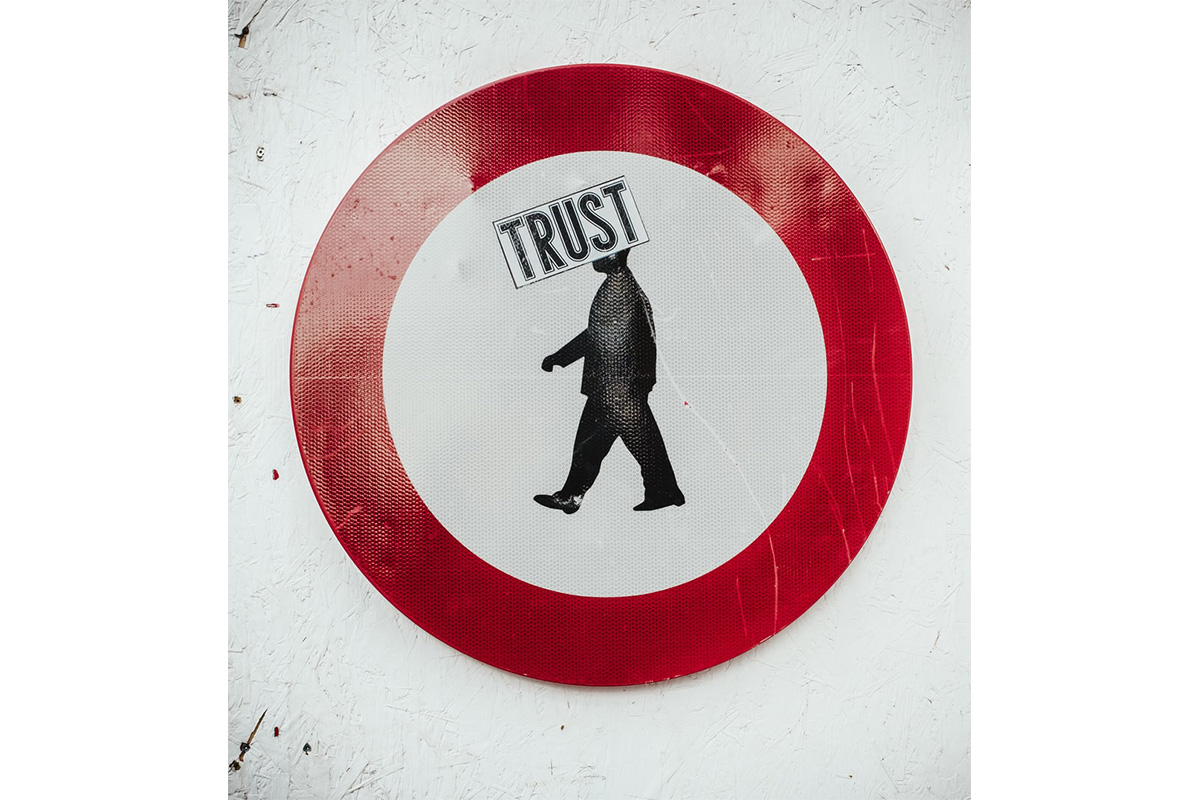Ever since online gambling come to the fore with the development of the internet, there has been an effort by the UK authorities to make sure that things don’t get out of hand. This means keeping a leash on operators to ensure that they are acting above board and not putting profit over people.
This has resulted in a constantly changing regulatory framework as the likes of the UK Gambling Commission (UKGC) look to ensure that people are able to gamble online in a responsible manner. The sector looks a lot different these days to just a few years ago, with the UKGC leading the way with numerous changes. This article will look at the current efforts that are going towards cultivating a safe gambling environment.
What is the UKGC
The UKGC is the main gambling regulator in the UK. It is in charge of handing out licenses to operators, as well as making sure that these parties are staying in line with all rules and regulations. This means bringing in new restrictions for time to time in order to reign in certain aspects of the sector.
Generally, the UKGC is seen as being the safest gambling regulator in the world. The Malta Gaming Authority is the other broad gambling regulator in the European market that also has a solid reputation. Then there are regulators like the government of Curaçao that are not very stringent on their licensees and let a lot of things go.
The UKGC has numerous player protection programs in place that help limit the scourge of problem gambling. While this might somewhat impact the freedom of gamblers, it is done with the right intentions. This includes banning people from being able to use payment methods that are debt accumulating, such as credit cards. This is just one major change that the UKGC has brought into place in the UK gambling sector in recent years.
How does GamStop Work?
The UKGC has a lot of responsibility when it comes to managing the overall gambling sector in the UK. This is a task that is unenviable. There are some other parties that provide support to the UKGC to make sure that it is not stretching itself too thin in any given way. GamStop is one of those organizations.
This is a not-for-profit body that provides gamblers with a mass self-exclusion program. Therefore, you will be able to exclude yourself from every single UKGC-licensed gambling site in one go through GamStop.
Every single gambling operator that holds a UKGC license has to be a part of GamStop. Once some self-excludes, this cannot be reversed until the defined term has come to an end. Therefore, it is effective for stopping people from impulsively ending their exclusion and gambling again.
In its work to promote responsible gambling, the UKGC does have numerous controls in place. This includes curtailing the betting limits on certain game types, having spin timers, as well as banning certain types of game features. As new trends hit the gambling sector, the UKGC has to assess whether they need to be reined in or not.
Other Resources to Aid in Problem Gambling
As well as the controls that are put in place by the authorities like GamStop and UKGC, there are also other ways that people can be protected when it comes to their gambling.
Each individual operator will have its own set of tools that allow a person to put restrictions on their account. These will often include deposit limits, betting limits loss limits, and playing session time limits. There will also sometimes be reality checks you can activate. Some people will want to take a break for a short period of time, while you can also sign up to the individual operator’s self-exclusion program at the same time.
There are also many problem gambling charities and support organizations that provide all sorts of help to people who are struggling with their gambling. The likes of GamCare and TalkBanStop will help those people who are seeking help for their gambling behaviour and provide plenty of useful resources in this regard.
There are also tools like Gamban that allow you to block yourself from accessing websites that relate to gambling. This will often cover mobile devices and desktop computers, being an effective way to stop yourself from accessing these types of sites. You can use adblockers to stop seeing pro-gambling messages, while many banks will allow you to put in place a block on sending payments to gambling-related platforms.
GamStop Sites vs Casinos Not on GamStop
One of the concerning growing trends in recent times is people forgoing UKGC-licensed sites and moving towards using non-GamStop casinos. These are platforms that do not follow UKGC rules and will not be a part of GamStop. Therefore, people can use these sites to get around their self-exclusion.
A lot of people enjoy the greater level of freedom that they get through using these types of casino sites. The game libraries are often bigger and there are fewer restrictions on the likes of bet sizes, bonus offers, and payment methods. You can find out more about safe non-GamStop casinos here.
In a constant state of change
The UK gambling sector is in a constant state of change. There are always new types of offerings coming to the fore and innovative betting features. The UKGC is tasked with making sure that people can still enjoy their gambling while doing so in a safe manner.
Therefore there are often new restrictions brought into place. Anyone who is suffering from a gambling problem should take the necessary steps to take back control and seek help through one of the many helpful resources that are out there today.







Leave a Reply